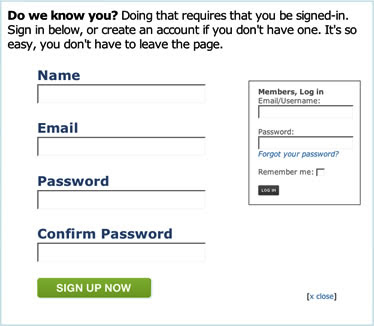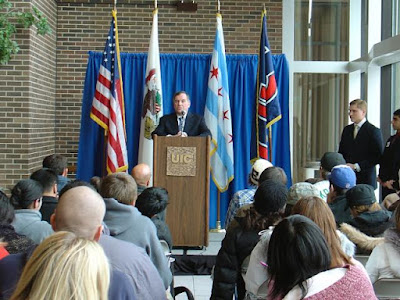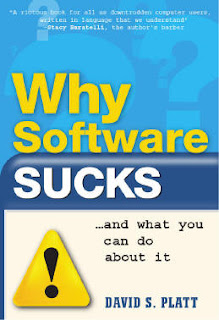Slashdot has a link to Internet World's "Best and Worst of 1994 and Predictions for '95"
A number of people were asked to contribute and we're brought back to the pre-Netscape days of Mosaic when the 'Net was in transition from a preserve for academics and government employees to a more general and commercial audience.
Here's are some of the remarks:
BEST:
Best public display/demo of the Internet: The Shoemaker-Levy comet vs. the planet Jupiter. [NASA had put up pictures of the comet hitting Jupiter on its nascent web-site. This captivated people as an example of how visual information could be accessed.]
The proliferation of the World-Wide Web. Unlike other areas of the Net, once you access the Web, it makes no difference whether you're a new user or an old pro. The Web graciously accommodates all. [the Web was WYSIWYG!]
Media coverage. Sure, some of that coverage seems clueless, and some of it focuses; foolishly, but not surprisingly; on the seedier side of the Net (such as pornography and electronic stalkers). But 1994 saw the Internet finally hit the mainstream. Time and Newsweek now routinely print letters received through e-mail, and more importantly, it's no longer a novelty. The coverage in magazines on the supermarket check-out line has helped make the other "best" things possible.
Governance. It's been engineers; rather than lawyers and legislators; that have run the Internet. It would be nice to keep it that way.
WORST:
Hordes of users from commercial on-line services such as America Online CompuServe, and Prodigy have come onto the Net. This has burst the Internet open beyond the borders of a relatively well-trained and well-mannered few, and is the first major step toward diluting the Internet into a sea of hostility and miscommunication, much like the real world. While this did not happen solely in 1994, this year has seen the floodgates simply trampled over, as it were, and the clueless newbies are a-stumblin' in!
What is it about the World-Wide Web that makes everyone want to stick 100-K pictures on their home pages? [Originally only 'Gif' images worked on the Web. Jpegs came a year or two later.]
The organization of the World-Wide Web. I love the Web, but finding something specific on it is a nightmare. And because the Web is growing by leaps and bounds, I just don't see things getting easier anytime soon. [Search engines anyone?]
Hype. Is there anyone who isn't carsick from the phrase "Information Superhighway?"
(image of a NASA Web Page on Jupiter circa 1994 courtesy Byte Magazine)















